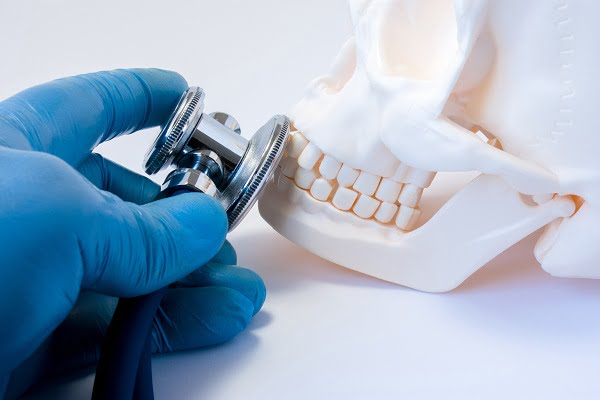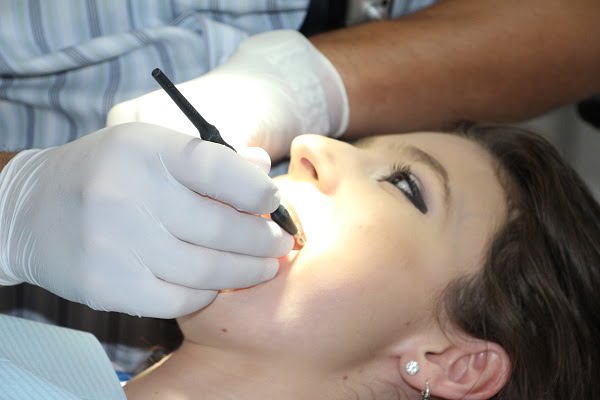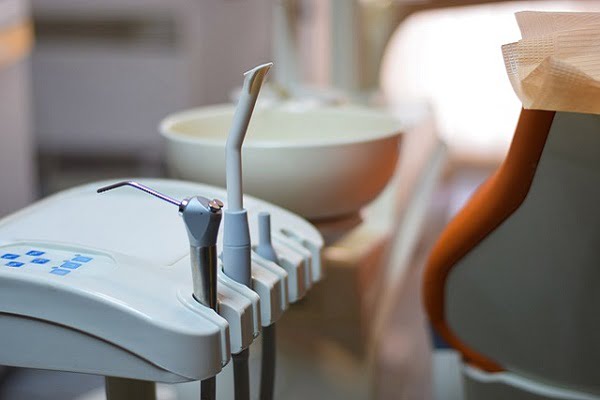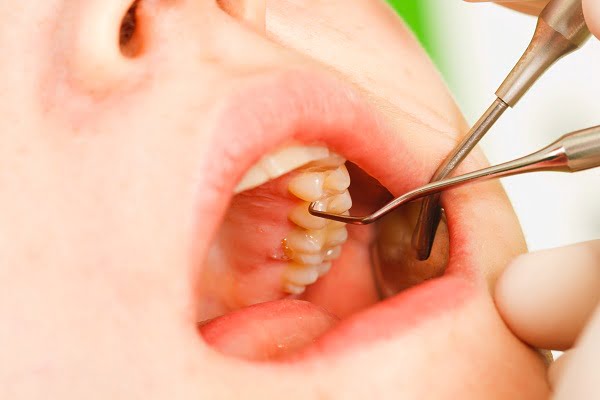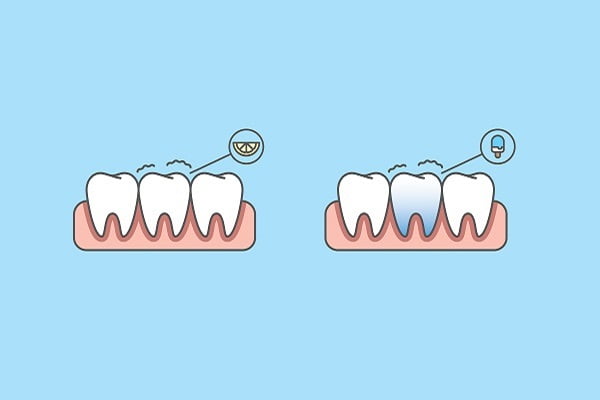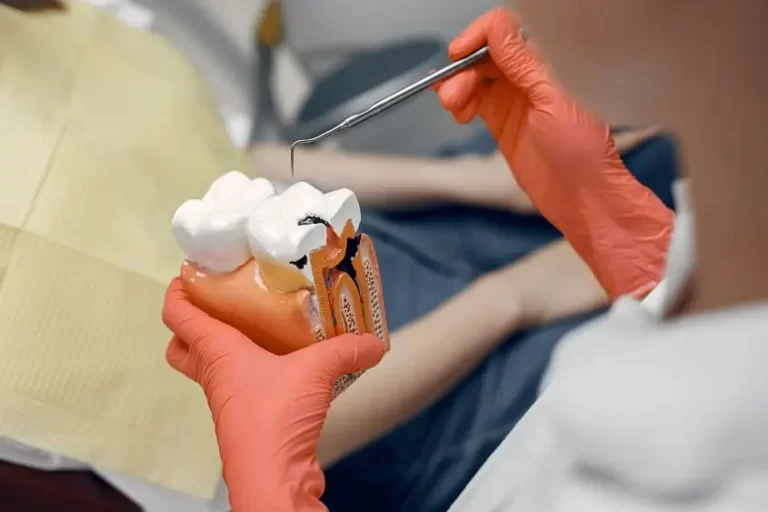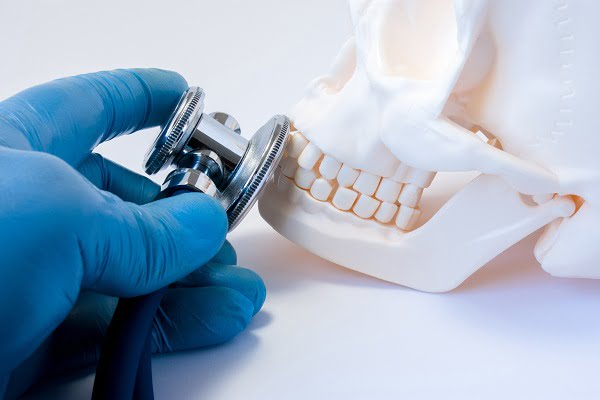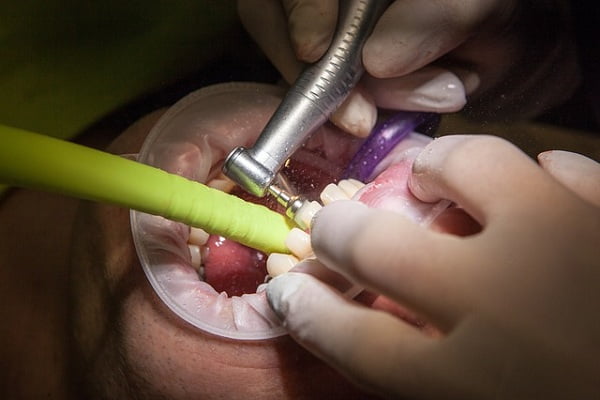Browsing: Dental Health

The page provides quick access to a list of common diseases, syndromes, health conditions, and other topics of health importance. The list is organized alphabetically. Links are provided to respective diseases sections that serve as a comprehensive and ultimate guide about the disease or health condition.
Effective and proper dental care of the mouth and teeth is highly important to a person’s general health and overall appearance. According to WHO, oral health is a state of being free from mouth and facial pain, oral and throat cancer, oral infection and sores, periodontal (gum) disease, tooth decay, tooth loss, and other diseases and disorders that limit an individual’s capacity in biting, chewing, smiling, speaking, and psychosocial wellbeing.
Untreated oral diseases or dental diseases can lead to gum problems, dental cavities, tooth loss, and many digestion-related issues. Scientists and dentists also believe that there could be a connection between certain dental problems or dental conditions and low birth weight, stroke, heart diseases, premature births, diabetes and certain other diseases. Primarily dental diseases are categorized into three types – formation of tooth decay, gum diseases, and oral cancers.
The most common oral diseases and conditions are dental cavities, periodontal (gum) disease, oral cancer, trauma from injuries, oral infectious diseases, gum infection, swollen gums, gum pain, and hereditary lesions. Dental cavities and periodontal disease are major causes of tooth loss.
What Is Edentulism or Tooth Loss?
Tooth loss (also called edentulism) is a process in which one or more of your teeth come loose and eventually fall out. Tooth loss process is normal for babies, which are replaced by a person’s adult teeth later. If a person is losing teeth for other reasons, it is quite undesirable.
Dental Glue, Dental Crown Glue and Dental Cement for Your Teeth
Dental glue is a slang term used for the dental cement. Dental cements can be described as a group of materials with a wide range of dental & orthodontic applications. Some of its common uses include temporary restoration of teeth, cavity linings to provide pulpal protection, sedation or insulation and cementing fixed prosthodontic appliances.
Tooth sensitivity can be prevented by practicing certain healthy habits. Important tips for preventing sensitive teeth are described in this article. What can you do to prevent sensitive teeth? Here are important tips you should follow to maintain healthy teeth and a healthy mouth. Learn about tooth sensitivity prevention tips.
Wisdom teeth are the third molars located at the back of your mouth in upper and lower gums. They generally erupt between 17 and 21 years of age. If a wisdom tooth gets stuck under your gum while erupting out of your gums or doesn’t have enough room to break through the gum, it’s called impacted wisdom tooth.
Who is an Emergency Dentist? Emergency dentist performs treatment and examination of an urgent dental problem on priority basis. These…
Diagnosis of Dental Caries
Your dentist will detect dental cavities by asking you certain questions such as whether you experience any pain or sensitivity with eating certain types of foods. He will examine your mouth and teeth and probe the teeth with dental instruments. Certain imaging techniques such as dental X-rays are helpful.
Tooth sensitivity is typically caused by dentin on root areas getting exposed due to retreated gums. Sudden tooth sensitivity, also referred to as dentin hypersensitivity, may be caused by several factors and may come and go sooner or later. The most common symptom is a darting pain while consuming products that are hot, cold, sweet, or particularly acidic.
Causes of Periodontal Disease (Gum Disease)
Your mouth is full of bacteria that get mixed with saliva to form a sticky substance known as plaque. Plaque builds up on your teeth. When you consume food and drink, the bacteria in plaque convert the carbohydrates of food into the energy they need. In the process, they produce acids.
A person suffering from Bruxism does not have any idea about his condition because it usually happens during the night time and is called nocturnal bruxism or sleep-related bruxism. But, it can happen in day time also when the person is awake in situations that make the person feel tense or anxious.
A dental crown or a dental cap is a prosthetic cover which is cemented onto a damaged tooth. The major purpose of a tooth crown is protection and covering of a damaged tooth. It also strengthens the tooth and provides a perfect alignment in your mouth.





